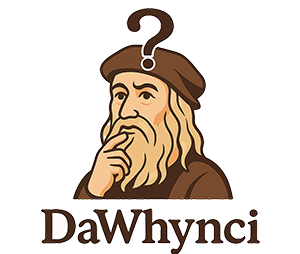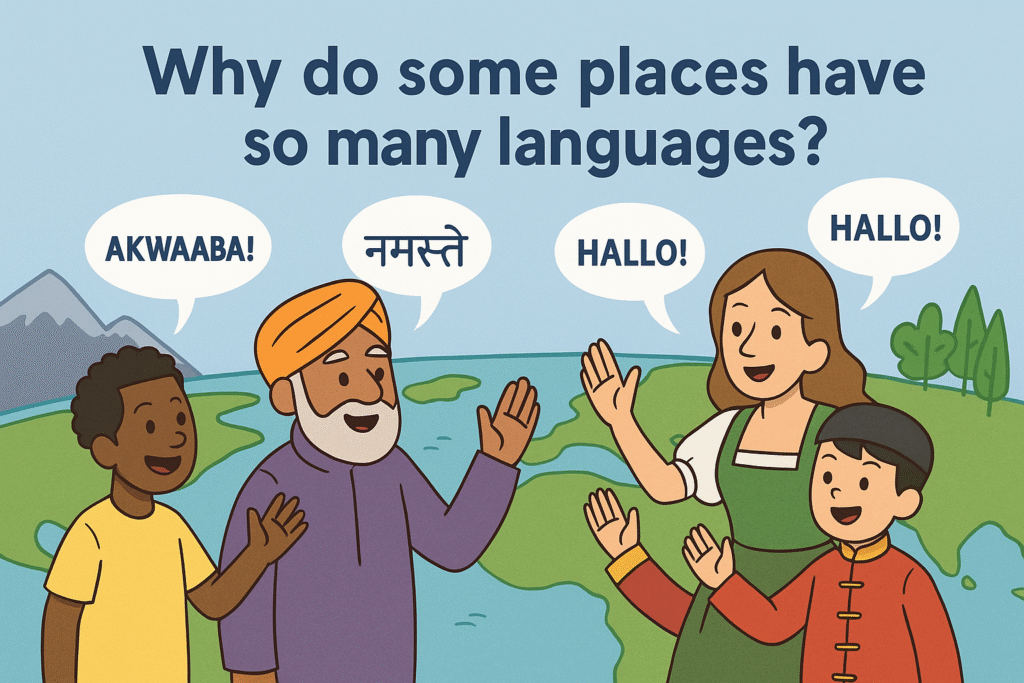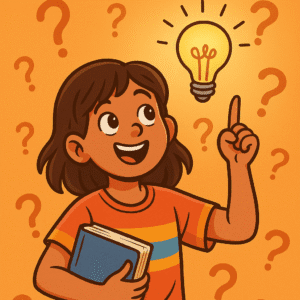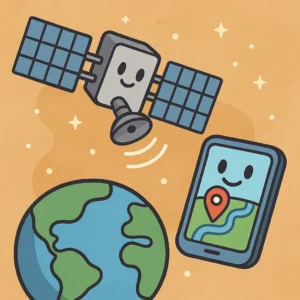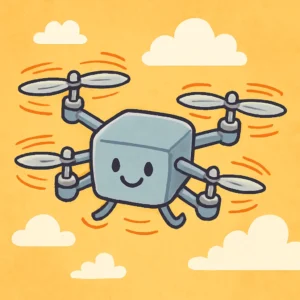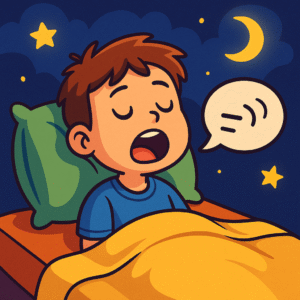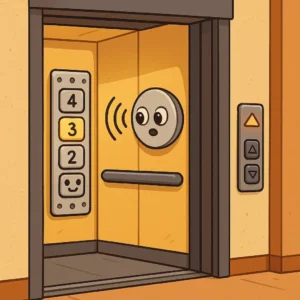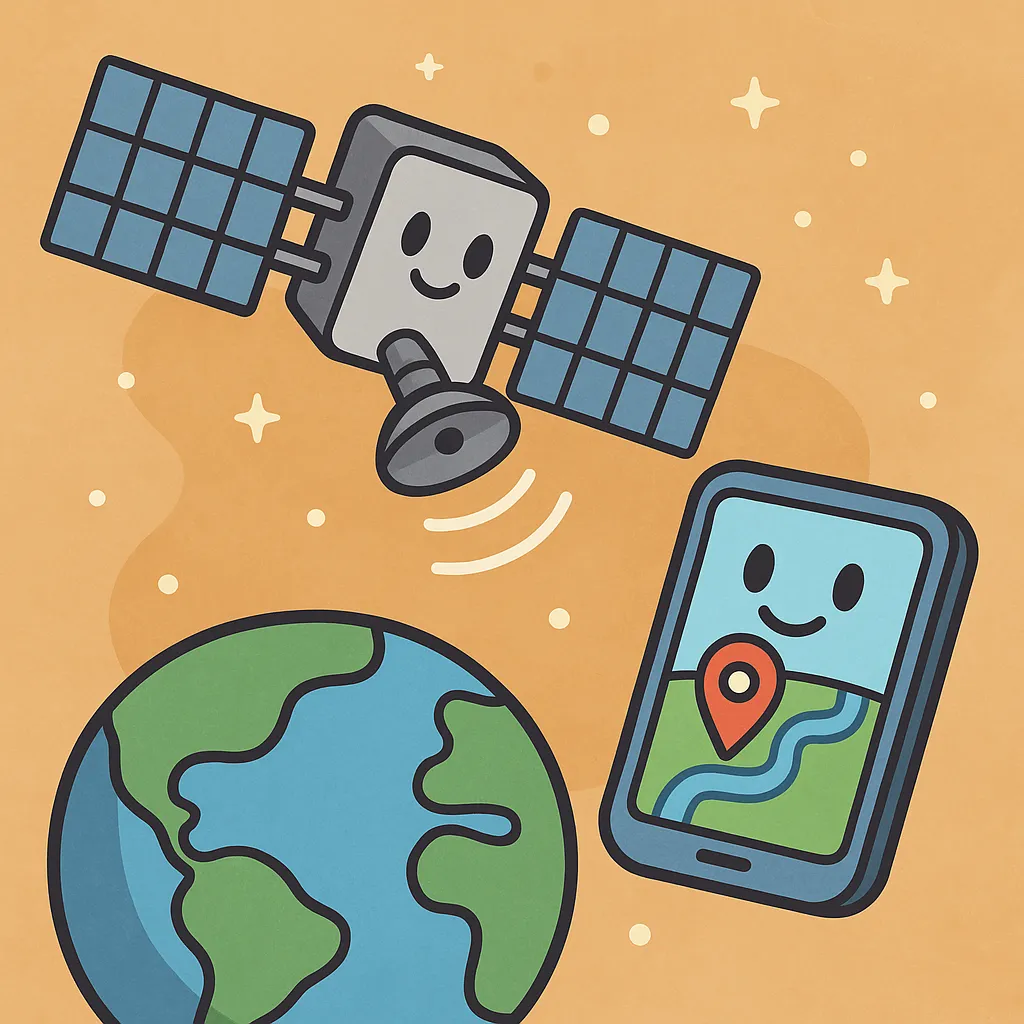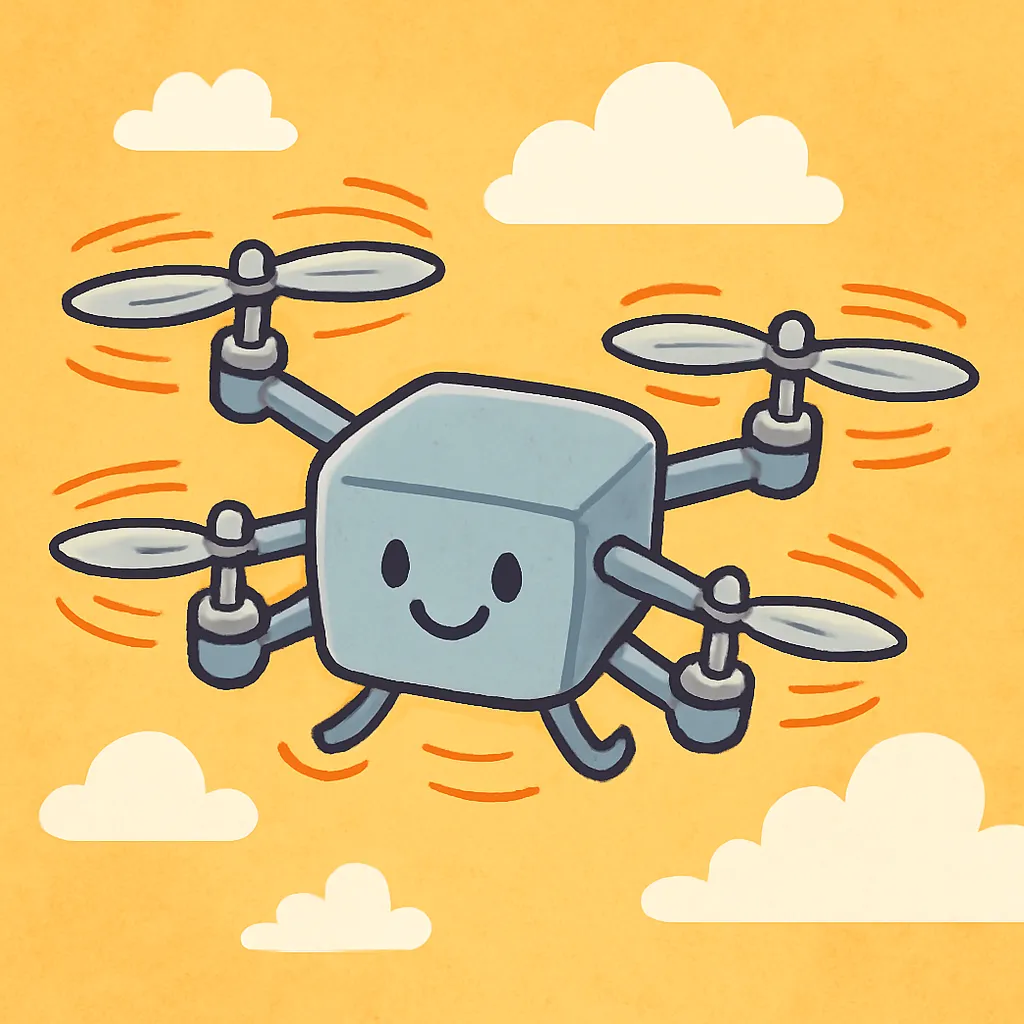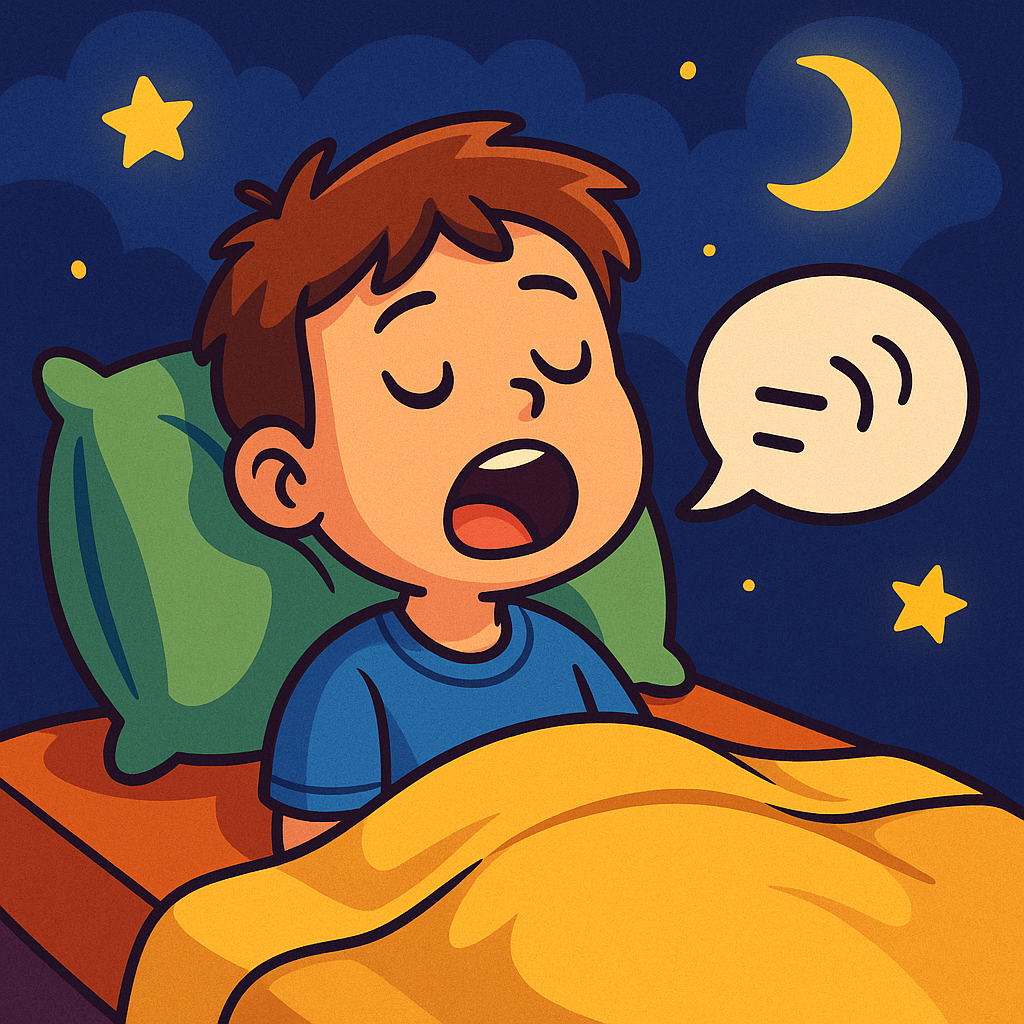People Create Languages to Connect
Languages grow when people need ways to talk, share stories, and understand each other. In places where lots of different groups of people have lived over time, many languages can form. Some places have mountains, rivers, or forests that keep people apart, so they each develop their way of speaking. Over time, these languages become part of their culture and identity.
Travel and History Shape Language Too
When explorers, traders, or new settlers visit a place, they bring their languages with them. Some mix to create new ones, like how English has words from French, German, and Latin. Countries with many languages often have rich histories of travel and trade. All those languages show how different people have lived, learned, and shared ideas over the years.
FAQs
Q: Can one country have hundreds of languages?
A: Yes! Some countries, like India or Papua New Guinea, have hundreds of different languages spoken.
Q: Why don’t we all speak the same language?
A: Because people lived in different places, and each group created its way of talking.
🧠 Conspiracy Theory
New languages are invented by cats who got bored with meowing.
😅 Dad Joke
Why did the language go to school? To improve its sentence structure!
